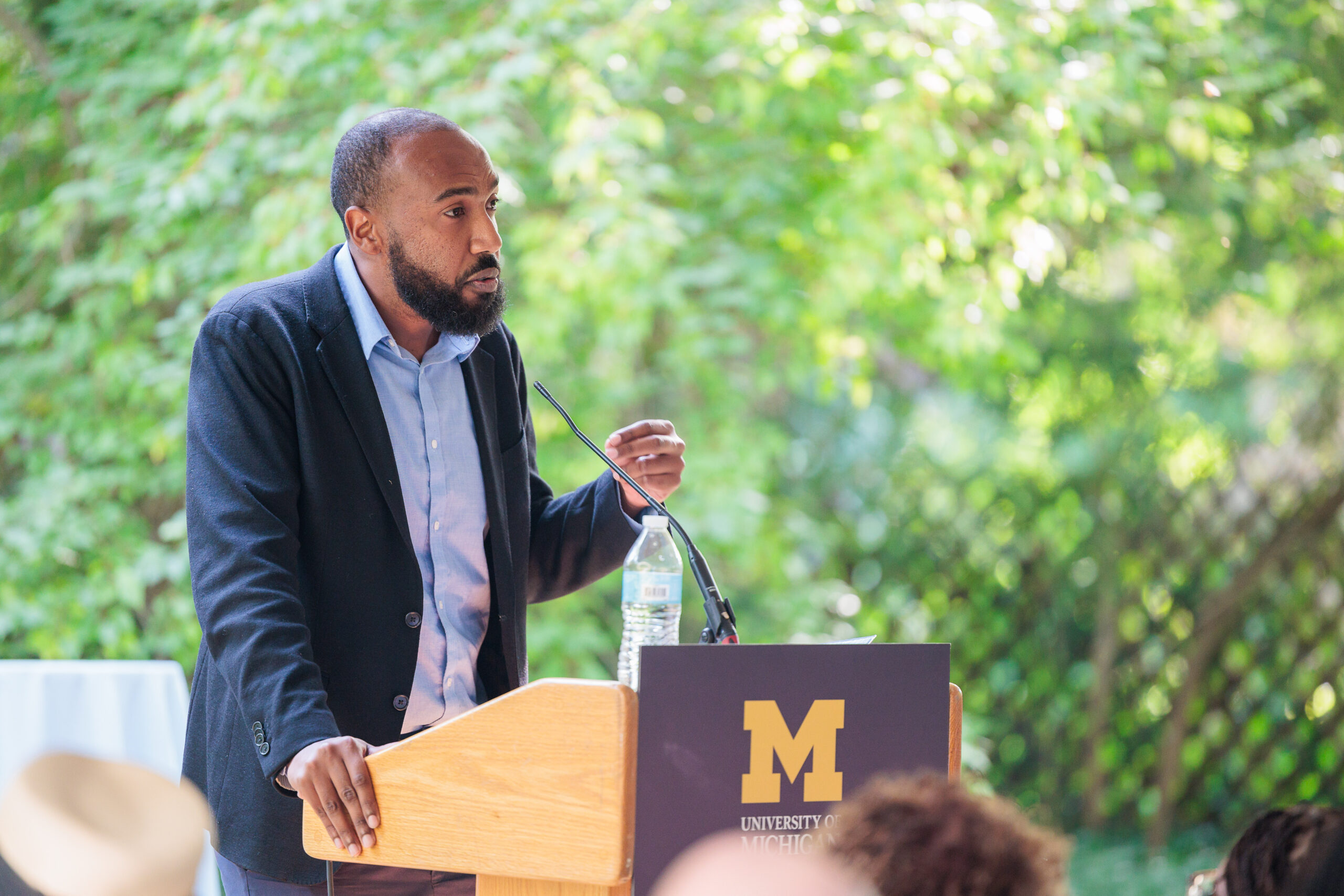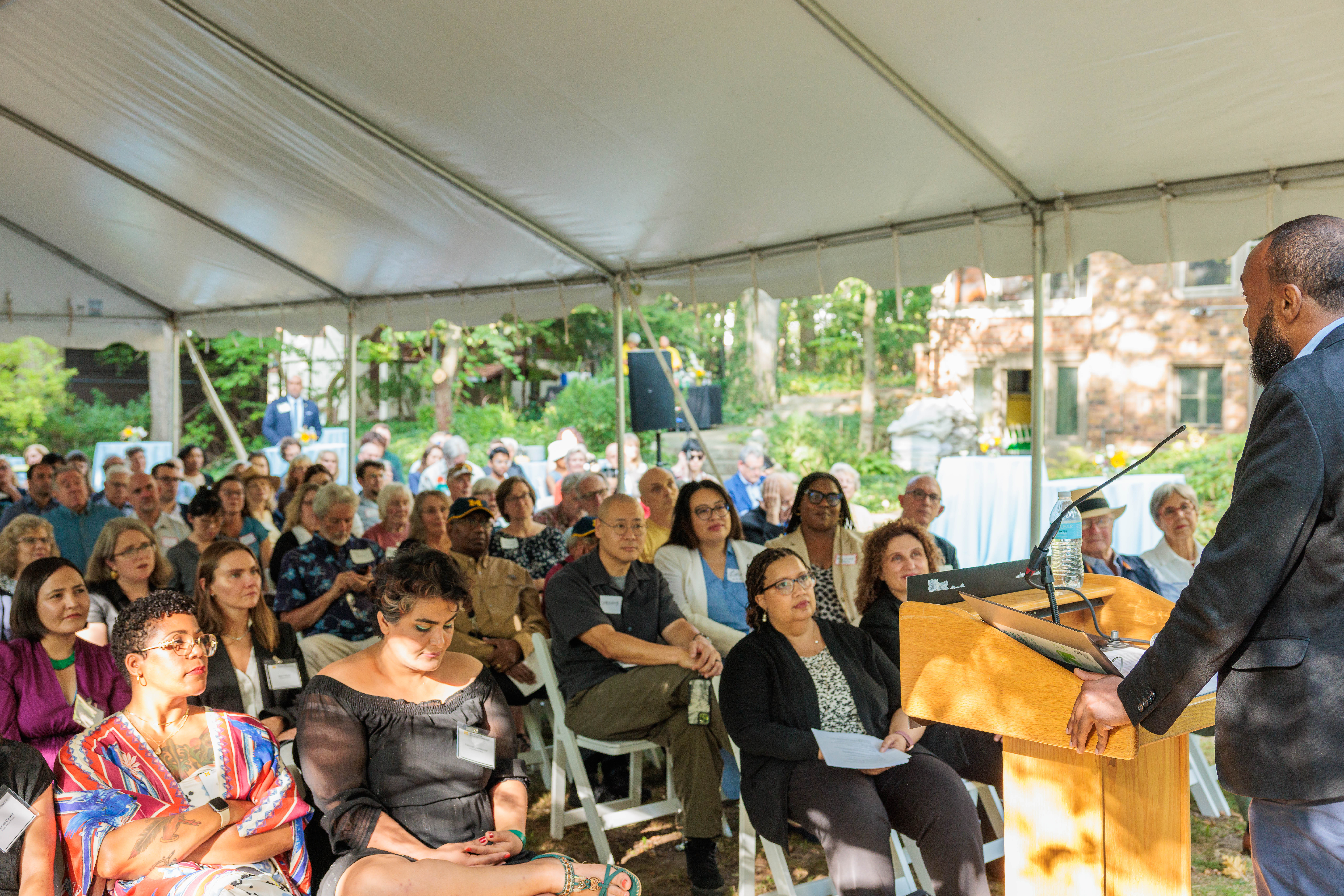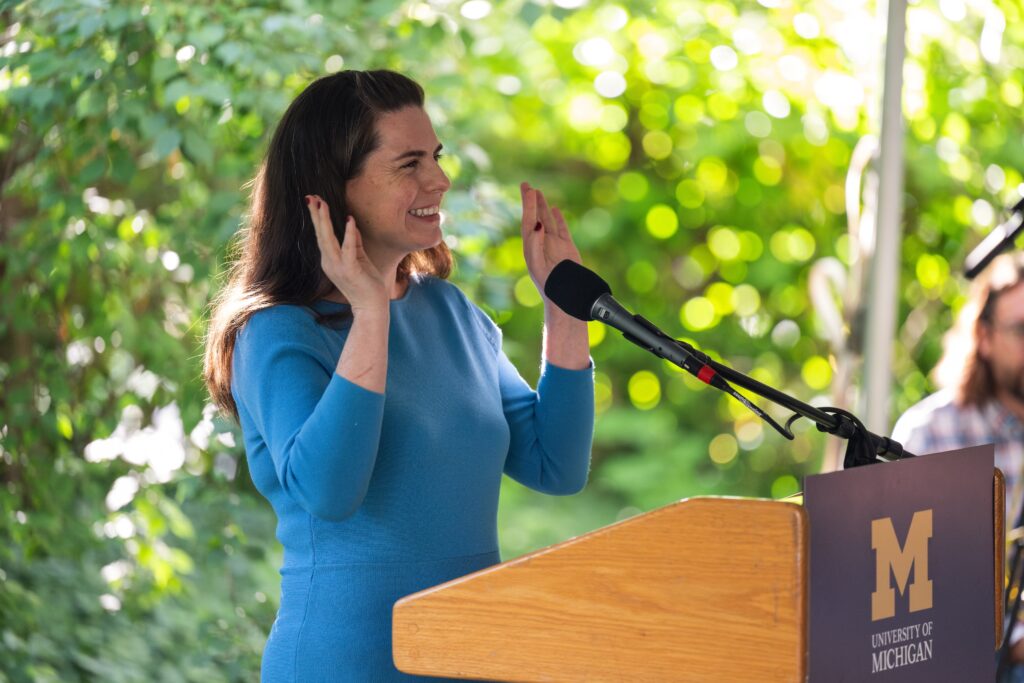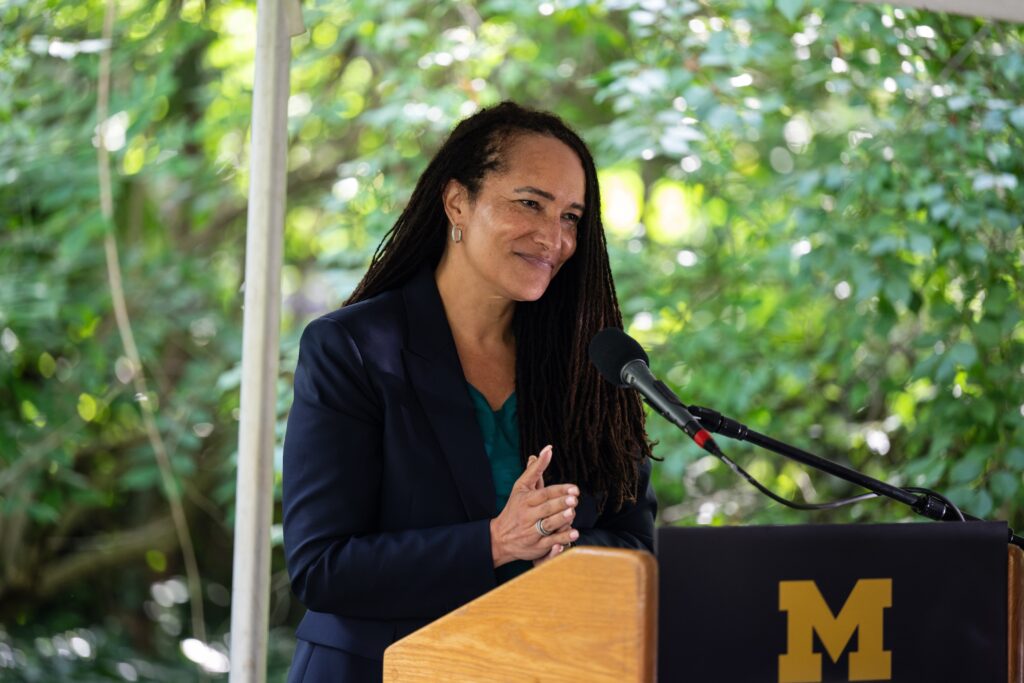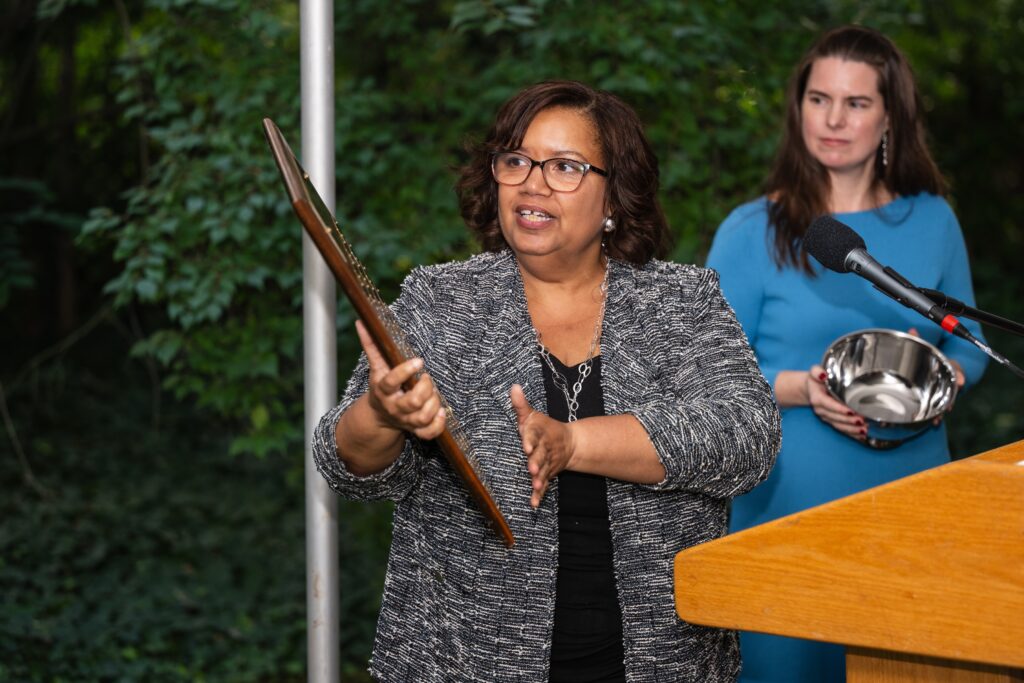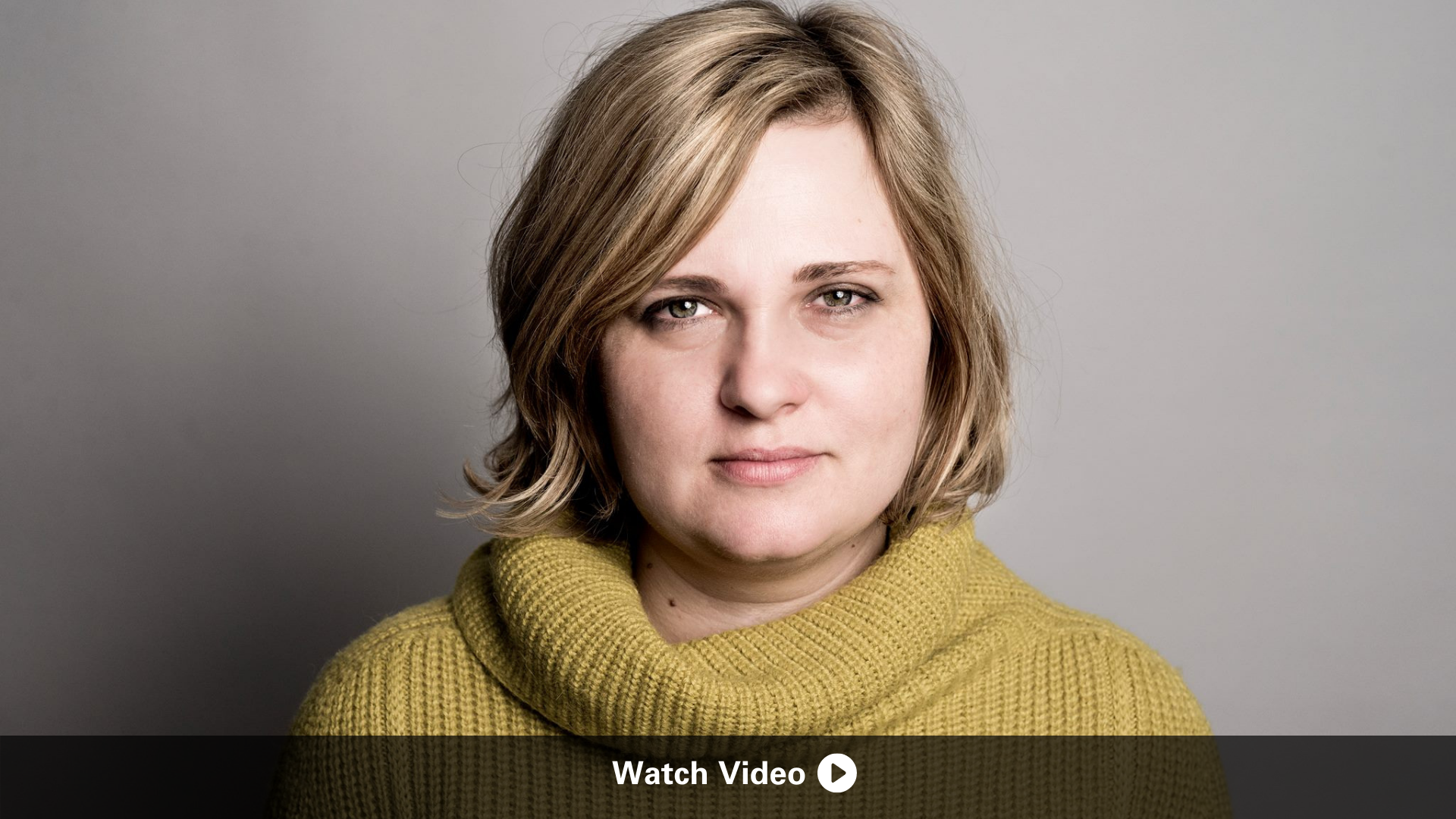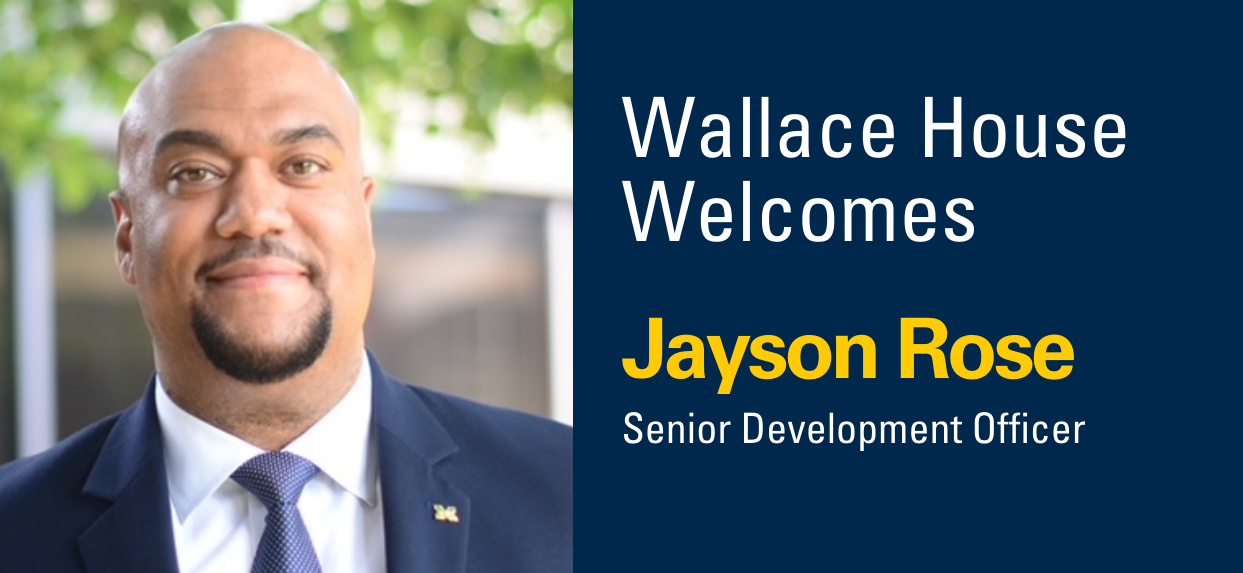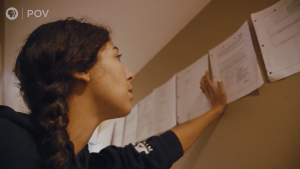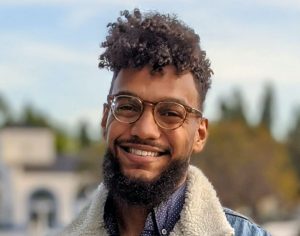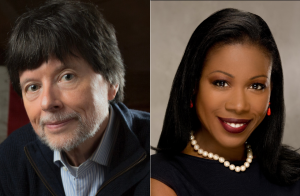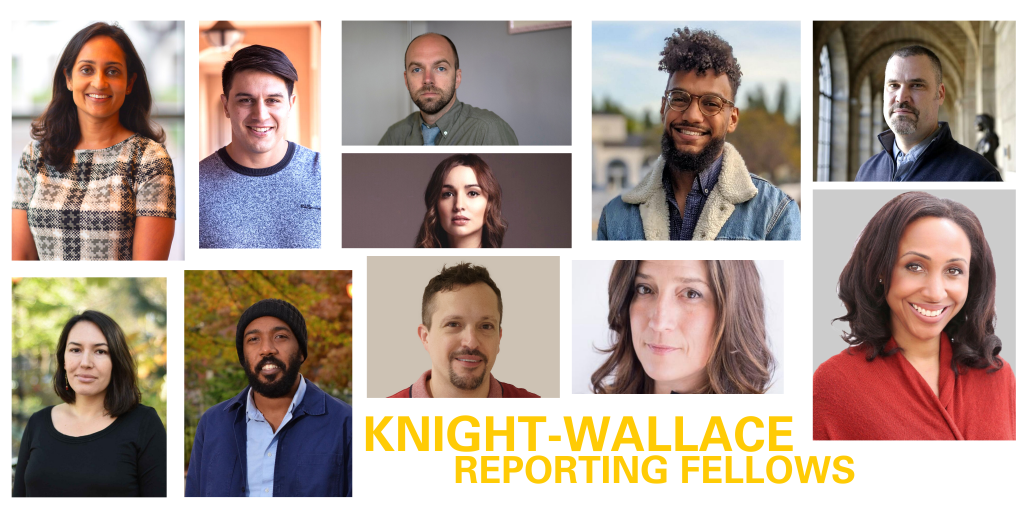My Fight for Freedom of Speech Began With, “You Are Listening to Radio Liberty!”
I was born in Kyrgyzstan, a small former Soviet Union country, where only the giant Tien Shan mountains separated us from China. I was raised by my grandparents. My grandfather was a dissident who had escaped Chinese communism only to live under Soviet totalitarianism. In his world, information was power, and the radio was a lifeline.
Besides the state-issued radio in our small home, my grandfather kept a smaller one powered by batteries. No matter the season – whether through driving rain, annoying summer heat, or deep snow – he would slip the little radio into his pocket, mount his donkey, and ride into the mountains.
When I was nine, I begged him to take me along, and eventually, one early summer morning, he agreed. We saddled a donkey, my grandfather leading in front, me clinging to the saddle behind him. As we climbed higher into the hills, he kept glancing anxiously around, urging the donkey to move faster.
When we reached a remote ridge, invisible from the valley and village below, he turned to me. “Promise me,” he said, “you won’t tell anyone — not even your grandmother — what we are about to do.” I nodded solemnly.
He switched on the radio and tuned it carefully, searching for the right frequency. Through the static, a voice broke out. “Good morning, Kyrgyzstan! You are listening to Radio Azattyk!” The word Azattyk in Kyrgyz means liberty. Back then, listening to Radio Free Europe/Radio Liberty (RFE/RL) was a crime, as it is today in Russia and many other former Soviet countries.
At that moment, I understood that beyond the brutally curated broadcasts of Soviet media, there existed another voice. A voice that spoke of a world outside of official propaganda — which was always in Russian. A voice that reported not only about Soviet parades but about the lives of ordinary people – lives like ours in my language, in Kyrgyz.
On that mountain, with a crackling radio in my grandfather’s hands, my journey for freedom of speech and my fight for freedom began.
More than 20 years later, I had fulfilled my childhood dream of becoming a journalist. Now it was my voice greeting eager listeners in my country: “Good morning, Kyrgyzstan! You are listening to Radio Azattyk.”
My grandfather passed away five years before I joined Radio Azattyk, Radio Free Europe/Radio Liberty’s (RFE/RL) Kyrgyz Service in Bishkek.
Through Radio Azattyk, ordinary people, many for the first time, heard that their own Kyrgyz language was not something to be hidden or silenced by Moscow’s demand but something to be valued, that democracy was not a distant dream, but a right they deserved; and that corruption, injustice, and inequality could be discussed openly, without fear. Azattyk offered investigative journalism — when state media was scared or censored — covering corruption, government failures and human rights abuses, and amplifying the voices of the oppressed.
Facing Repression – Finding New Hope
Except for the Baltic states, almost all former Soviet Union countries are now governed by authoritarian regimes, where building a free press at the grassroots level is often an impossible task.
In the past five years, the crackdown on independent media in most of the countries of the Former Soviet Union has become brutal. A recent example from Kyrgyzstan: in January of last year, 11 independent investigative journalists were detained in a single morning, with some later sentenced to five or six years in prison.
Living in an environment hostile to free speech, every journalist in Kyrgyzstan knows that seeking to report the truth inevitably invites intimidation – both online and offline. Physical threats and police interrogations have become a routine part of life for reporters.
In this climate of constant threats, burnout, and isolation I often felt crushed by fear and doubt. Like many of my colleagues, I was losing hope — feeling that the fight for free speech had become like battling windmills.
That’s when Wallace House stepped in.
The Knight-Wallace Fellowship didn’t just offer me an academic opportunity. It gave me something even more precious: a community. A place where I could finally share what I had carried, where I could reflect, and begin to heal – personally and professionally.
Wallace House welcomed me into a global family of journalists who believe, as I do, in the fearless pursuit of truth. It allowed me to take classes at the University of Michigan and to be in conversation with journalism leaders and innovators – the former editor of The Washington Post, reporters with the digital investigations team at The New York Times – people who I could never even dream of meeting from my remote post in Kyrgyzstan.
Through the Knight-Wallace Fellowship, I found new strength. New purpose. New allies. New friends. And I gained support to think strategically about how to continue my work.
The world is now witnessing the slow erosion of independent journalism – from the steppes of Central Asia to small-town America. Under the weight of misinformation, digital surveillance, financial hardship, and rising autocratic pressure, dozens of small-scale newsrooms have been forced to halt their operations.
In this environment, organizations like Radio Free Europe/Radio Liberty and Wallace House can offer a vital lifeline. Without them, thousands of voices will fall silent. Hundreds of my colleagues – brave journalists seeking justice and truth – will be left without support and face life-threatening danger.
And when our voices are gone, the people who suffer most are not the journalists: it’s the communities we serve.
On this World Press Freedom Day, I hope people will remember millions of grandfathers like mine, who are still secretly climbing a mountain top in search of truth, despite their fear of an authoritarian regime. Today’s fight for free speech is for a world where truth doesn’t require a donkey ride into the mountains.
Baktygul Chynybaeva is a 2024-2025 Knight Wallace Fellow and former correspondent for Radio Free Europe/Radio Liberty covering issues in Central Asia and across her home country of Kyrgyzstan. During her fellowship year, she focused on developing training programs for journalists in exile from Central Asia and Russia.
Join us in supporting journalists on World Press Freedom Day and beyond. Donate now.
To learn more about how to make a major gift in support of these efforts, please contact Jennifer Halseth, Financial Administrator, at [email protected].




